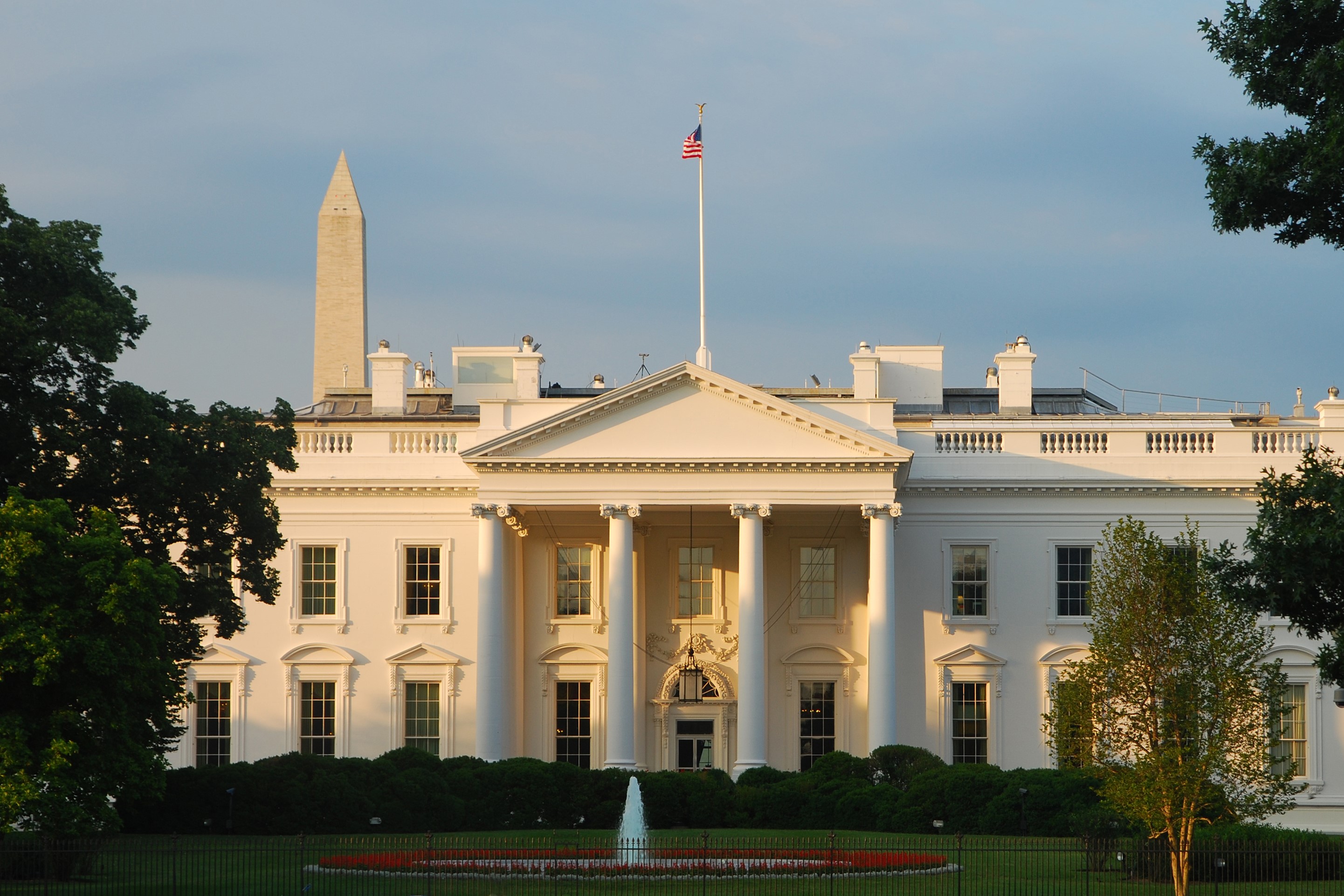President Biden Signs Executive Order on Promoting Competition in the American Economy
On July 9, 2021, President Biden signed an “Executive Order on Promoting Competition in the American Economy.” According to a Fact Sheet released in advance of the signing, the Executive Order takes “decisive action to reduce the trend of corporate consolidation, increase competition, and deliver concrete benefits to America’s consumers, workers, farmers, and small businesses.”

Washington, D.C. (July 12, 2021) - On July 9, 2021, President Biden signed an “Executive Order on Promoting Competition in the American Economy.” According to a Fact Sheet released in advance of the signing, the Executive Order takes “decisive action to reduce the trend of corporate consolidation, increase competition, and deliver concrete benefits to America’s consumers, workers, farmers, and small businesses.”
Among other things, the Executive Order encourages the Federal Trade Commission (FTC) and the Antitrust Division of the Department of Justice (DOJ) to focus enforcement efforts on problems in key markets and coordinate other federal agencies’ responses to corporate consolidation. Further, the Executive Order calls on the FTC and DOJ to “enforce the antitrust laws vigorously.” The Executive Order would also make it easier for high tech workers to change jobs by banning or limiting non-compete agreements, lower prescription drug prices by supporting programs to import cheaper prescription drugs from Canada, make it less expensive to repair products by limiting manufacturers from barring self-repairs or third-party repairs of their products, and increase opportunities for small businesses by directing all federal agencies to promote greater competition through procurement and spending decisions. In all, the Executive Order outlines 72 initiatives that attempt to rein in corporate powerhouses that control markets.
In the Fact Sheet, the Biden Administration compared its Executive Order to the responses of previous Administrations to “growing corporate power,” expressly citing the trust-busting efforts of the Theodore Roosevelt and FDR Administrations’ “supercharged antitrust enforcement” agendas.
Although Democratic lawmakers and union leaders have cheered the Executive Order, some business advocacy groups have reportedly warned that such measures as those in the Executive Order could slow the economy.
Executive Orders are expressions of policy intent that have no actual binding legal force. Their ability to change the law lies in follow-up implementation by federal agencies that act to implement presidential initiatives. Those changes are limited by the extent of underlying statutory authority, and the courts in recent years have appeared reluctant to expand the scope of what is considered anticompetitive activity under the antitrust laws. Business interests should keep a close eye on the regulatory proposals that result from this Executive Order and consider engaging on those that affect their business operations.
For more information on this development, contact the authors of this alert. Visit our Antitrust & Competition Practice page for additional alerts in this area.
Authors:
John Cardinal Parks, Partner
Todd R. Seelman, Managing Partner - Denver, CO
Jane C. Luxton, Managing Partner - Washington, D.C.
